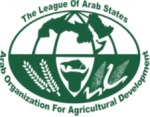IFPRI-Sudan is made up of globally renowned experts with extensive technical expertise in agriculture, food security, poverty, social protection, and gender. The team draws upon a unique set of skills, with demonstrated analytical, technical, interpersonal skills, and decades of collective experience in conducting research and building capacity in Sudan and beyond.
The Sudan Strategy Support Program focuses on the research themes of agricultural transformation, markets and trade, livelihoods and nutrition, resilience and development strategies, climate change, and governance and political economy of food systems. Like other IFPRI Country Programs, SSSP develops research-based policy solutions, builds coalitions for policy change, and cocreates innovative analytical tools in close collaboration with local, regional, and international partners.
Following the eruption of violent conflict in Sudan on April 2023, the SSSP has led the local and international efforts in providing empirical evidence and rigorous analyses on agricultural and food systems in times of conflict. By incorporating conflict analysis within the themes of the program, and developing innovative and time-sensitive analytical tools, the SSSP provides insights on the impacts of such shocks on the agricultural systems, food security, poverty, and social protection.
SSSP Staff

Khalid Siddig is a Senior Research Fellow in the Development Strategies and Governance Unit (DSG) and the Program Leader of the Sudan Strategy Support Program (SSSP) at the International Food Policy Research Institute. He is an agricultural economist whose research uses economywide models to assess the policy options for governing water, energy, and primary resources uses in developing countries and their subsequent impact on economic growth, environment, and income distribution. He is interested in linkages between economy-wide models and the water, energy, climate, and river basin models. He published intensively in leading peer-reviewed journals in the field and implemented capacity building programs on economywide modeling in Benin, Egypt, Ethiopia, Germany, Palestine, Kenya, Namibia, Sudan, and the USA. Khalid holds a Habilitation degree (2015) from the University of Hohenheim, Germany, a PhD in Agricultural Economics from the University of Giessen, Germany (2009), MSc degrees in Agricultural Economics (2002) and Computer Science (2004), respectively, from the University of Khartoum and Al Neelain University in Sudan, after obtaining simultaneous two BSc degrees in Agriculture and Computer science, respectively from the University of Khartoum, and the International University of Africa, Sudan (1999). Before joining IFPRI, Khalid held senior research and teaching positions at the University of Hohenheim, Germany, Humboldt University of Berlin, Germany, University of Khartoum, Sudan and Al Neelain University, Sudan. Email: k.siddig@cgiar.org
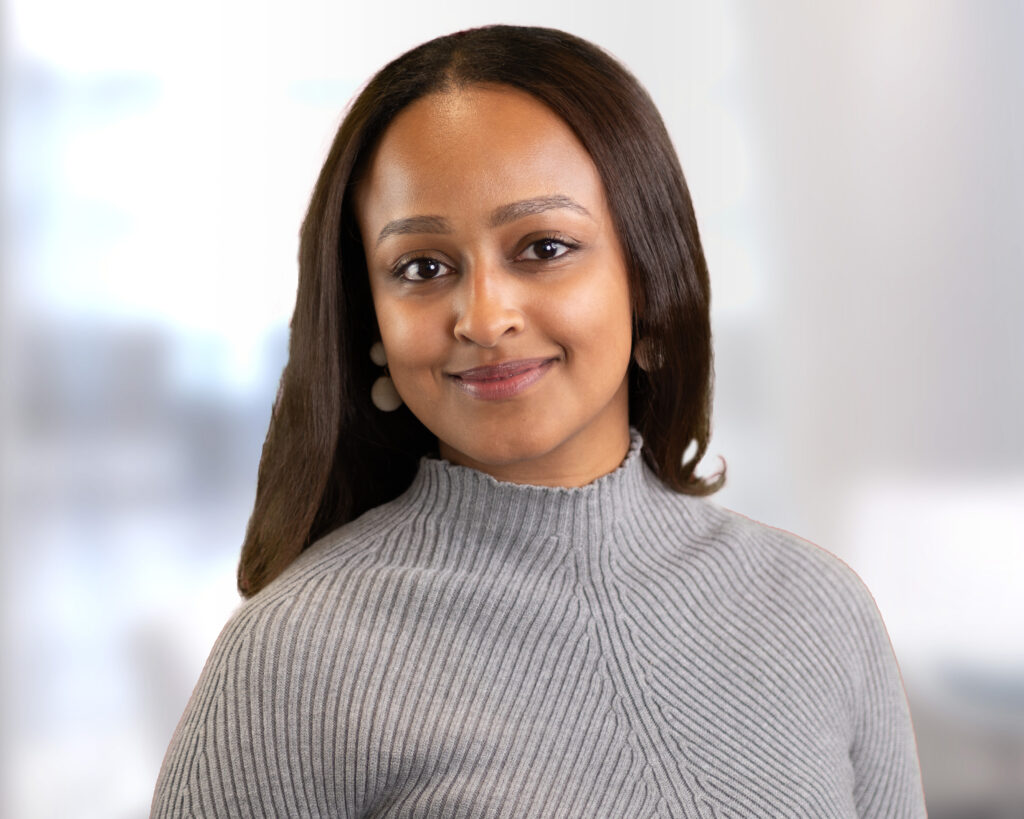
Hala Abushama is a Research Analyst in the Development Strategies and Governance Unit (DSG) at the International Food Policy Research Institute. She is a development economist with particular research interest in political economy and institutional economics, labor economics, and economics of education. Her research focuses on the East Africa region, with a particular focus on Sudan, Burundi and Ethiopia, and covers a broad spectrum of development economics themes such as global value chains analyses, women’s labor force participation, political and economic barriers to women’s skills development, intergovernmental fiscal structures, education financing, and the political economy of public policy. Hala holds a BSc (Hons) in Economics and Finance from the University of Khartoum (2016), and a MSc in Development Economics from SOAS University of London (2019). Prior to joining IFPRI, she worked as Research Consultant at the World Bank’s Digital Development Practice and Education Global Practice, Junior Economic Advisor in Government of Sudan – Khartoum State’s Ministry of Finance, Junior Economist (PG Fellow) at the African Development Bank (Burundi Country Office), Researcher at the London School of Economics and Political Science, and a Research Assistant at SOAS University of London. Hala is also a Founding Member of the Sudanese Women Economists Association (2020) and is a member of the Middle East Economics Association (2016). Email: h.abushama@cgiar.org
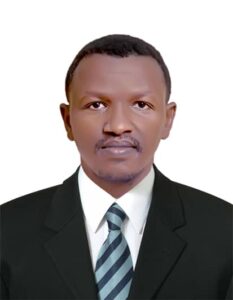
Tarig Alhaj Rakhy is a Research Analyst at the Development Strategies and Governance Unit (DSG) of the International Food Policy Research Institute (IFPRI). He is a development economist with over five years of diverse experience in economic research and policy analysis. Tarig holds an MA in Development Economics from the Doha Institute for Graduate Studies, Qatar (2018), and a BSc in Economics and Development from the University of Khartoum, Sudan (2015). His research interests include public policy and political economy, public finance management, education economics, rural development and poverty reduction, and agricultural economics. Before joining IFPRI, Tarig worked as a Junior Researcher at the Economic and Social Research Bureau – Ministry of Higher Education, and as a Research Assistant at the Ministry of Finance and Economic Planning in Sudan. He has also worked as a Research Consultant with Expertise France and as a Short-Term Research Assistant at the Ibn Khaldoun Center for Humanities and Social Sciences at Qatar University. Email: t.a.rakhy@cgiar.org
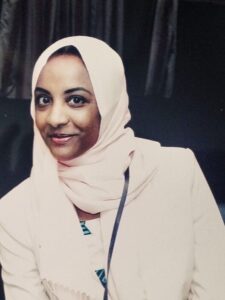
Shima Mohamed is a Research Analyst in the Development and Strategies and Governance Unit. She is an economist with over 10 years of experience and a strong interest in political economy, fragility, private sector development, and the role of micro, small, and medium enterprises. Shima’s prior experience includes working as a consultant at the World Bank Sudan Country Office. She also served as a researcher at the International Growth Center (IGC) London School of Economics, and as an economist in the office of the Prime Minister of Sudan, where she provided critical economic insights and policy recommendations to support Sudan’s economic transition. Shima holds a BSc Honors Degree in Economics from Khartoum University (2012), and an MA in Public Policy from Peking University (2014). Email: shima.mohamed@cgiar.org
SSSP Collaborators
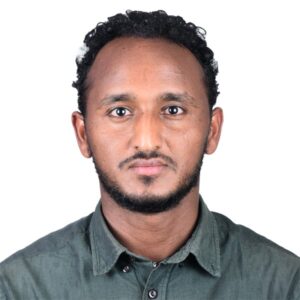
Halefom Yigzaw Nigus is a Research Collaborator in the Development and Governance Unit (DSG) at the International Food Policy Research Institute (IFPRI). He is a behavioral and development economist with research interests covering the impacts of armed conflicts on food security, mental and psychological wellbeing, trust, and social cohesion and the role of social protection programs (cash transfers) in cushioning the adverse effects of conflict, behavioral implications of climate shocks and drivers of climate change perception and adaptation, labor markets, the economics of culture and religion, and financial inclusion. Most of his existing research focuses on the East Africa region, Ethiopia, Sudan and Kenya and involves impact evaluations, lab-in-the-field experiments, self-reported and incentivized surveys, and micro-econometrics. Halefom is also a Research Fellow at the Policy Studies Institute (PSI) in Ethiopia, and Partnership for Economic Policy (PEP), Kenya. His previous roles include consultant positions at the World Bank Group and the University of Oxford, as well as a lecturer at the Department of Economics, Dilla University, Ethiopia. Recently, he was a CEGA Fellow at the Global Poverty Research Lab, Northwestern University. Halefom received his PhD in Development Economics from UNU-MERIT, Maastricht University, the Netherlands. Email: halefom23@gmail.com
Staff from HQ and other IFPRI Country Offices
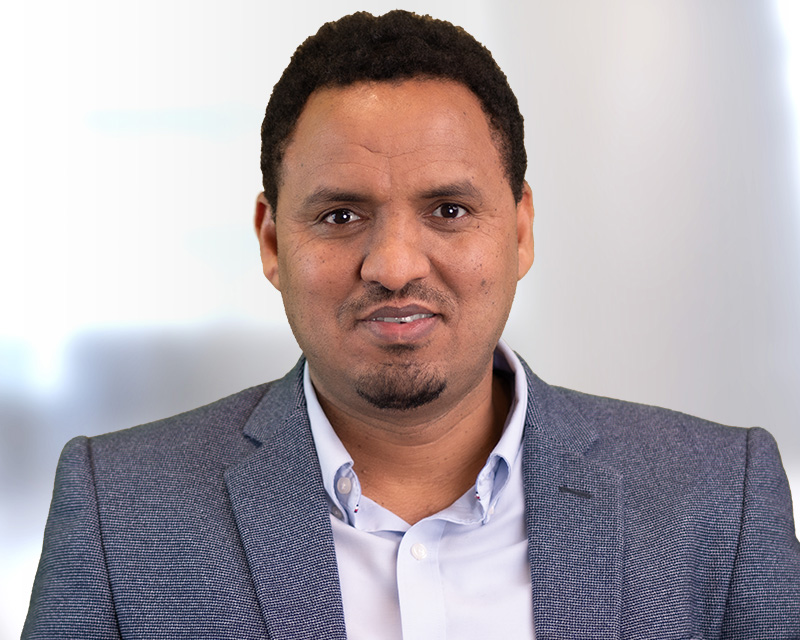
Kibrom A. Abay is a Senior Research Fellow in the Development Strategies and Governance Unit (DSG) at the International Food Policy Research Institute. He is a development and agricultural economist with research interests covering rural development, agricultural transformation, urbanization, food and nutrition security, and behavioral economics. Most of his research involves impact evaluation methods. Some of his recent studies examine the behavioral and inferential implications of mismeasurement in household surveys. Much of his current research focuses on Africa South of the Sahara and the Middle East and North Africa (MENA) region. Before joining IFPRI, he worked as a Postdoctoral researcher at the University of Copenhagen and the International Livestock Research Institute (ILRI). Kibrom received his PhD in Economics from the University of Copenhagen, Denmark. Email: k.abay@cgiar.org

Nina Jovanovic is an Associate Research Fellow in the Development Strategy and Governance Division based in Cairo, Egypt. Her dissertation looked at the effects of technology adoption decisions made by smallholder farmers with incomplete information. She completed her PhD in Agricultural Economics at Purdue University in 2023. Email: N.Jovanovic@cgiar.org
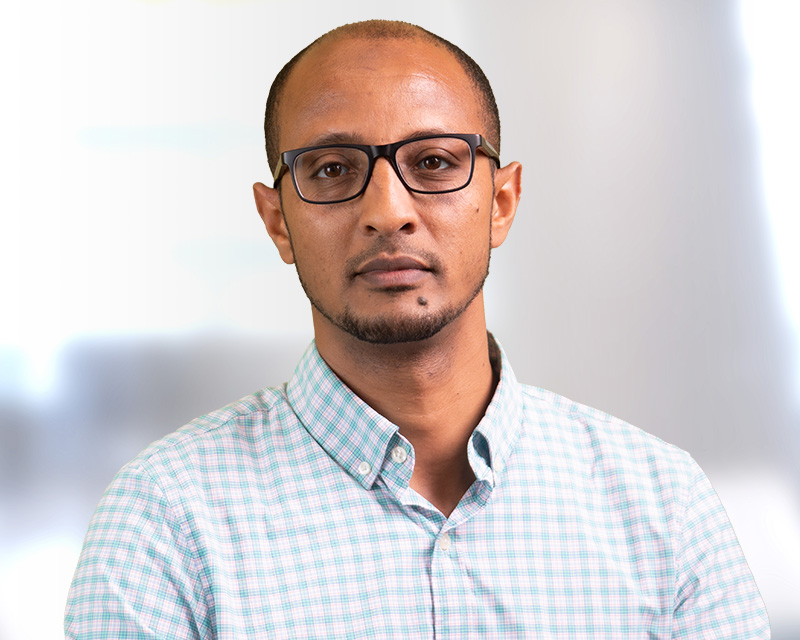
Mekamu Kedir Jemal is a Senior Research Analyst with the Development Strategies and Governance Unit, and is based at IFPRI-Washington, DC.
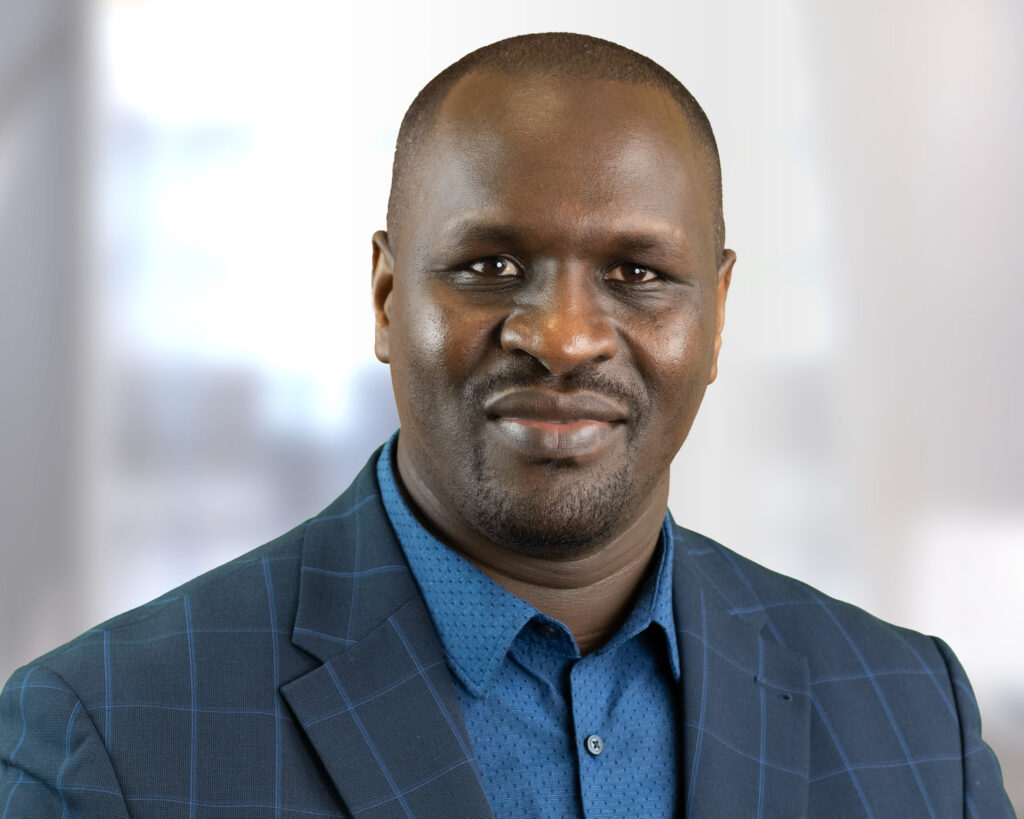
Oliver K. Kirui is a Research Fellow and Acting Program Leader for Nigeria in the Development Strategies and Governance Unit (DSG) at IFPRI, based in Abuja, Nigeria. He was a part of the team leading the establishment of the SSSP. Oliver is currently conducting and supporting research related to several policy-relevant topics such as agricultural and economic transformation, markets and trade, livelihoods and nutrition, development strategy and investment planning, and resilience of agriculture under climate change and extreme weather events. Oliver is experienced in managing and conducting evidence-based research, building coalitions and working with multiple stakeholders, and conceptualizing, conducting and communicating research outputs to various audiences. Before joining IFPRI, he has worked as a Senior Researcher and Postdoctoral Fellow at the Center for Development Research (ZEF), University of Bonn, Germany. Previously, he worked as a Research Associate at the International Maize and Wheat Improvement Center (CIMMYT) based in Nairobi. He received his PhD in Development Economics from the University of Bonn, Germany in 2016. Oliver has collaborated with many colleagues and partners to produce several policy-relevant publications (journal articles, discussion and working papers, project reports and policy briefs) in several thematic areas. Email: o.k.kirui@cgiar.org

Paul A. Dorosh is a Senior Research Fellow in the Foresight and Policy Modeling Unit. He was previously the Division Director of IFPRI’s Development Strategy and Governance Unit from April 2011 until October 2024. Before that, his previous positions include IFPRI Senior Research Fellow and Program Leader of the Ethiopia Strategy Support Program in Addis Ababa (2008-2010), Senior Economist at the World Bank (2003-2008), senior research fellow with IFPRI in Dhaka, Bangladesh (1997-2001) and Associate Professor at Cornell University (1994-97). He holds a Ph.D. in Applied Economics from the Food Research Institute, Stanford University and a B.A. in Applied Mathematics from Harvard University, and has published research on agricultural markets, food policy, international trade, economy-wide modeling and the rural-urban transformation. Email: p.dorosh@cgiar.org
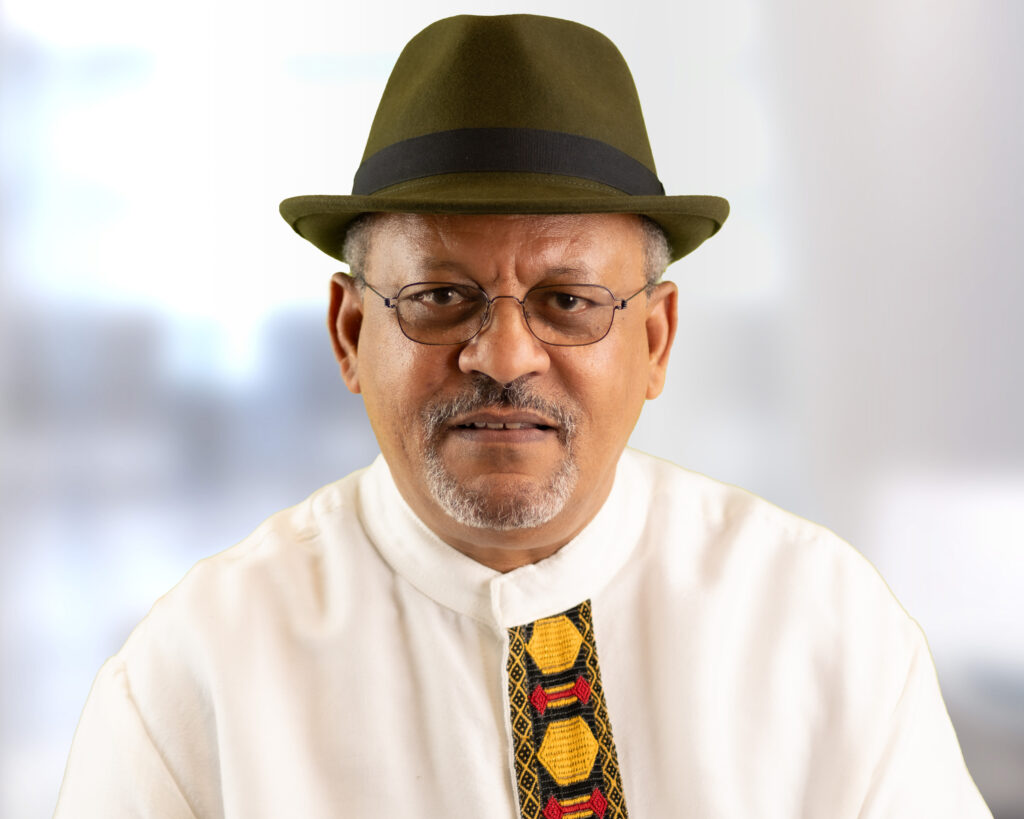
Alemayehu Seyoum Taffesse is a Senior Research Fellow and Ethiopia’s Country Program in the Development Strategies and Governance Unit (DSG) at the International Food Policy Research Institute (IFPRI). His most recent research covered impact evaluation of safety net programs, inter-sectoral growth linkages, performance of cooperatives, crop productivity, aspirations and wellbeing, and rainfall indexed insurance. He is also the current president of the Ethiopian Economics Association. Alemayehu has previously worked as an assistant professor of economics at Addis Ababa University and an economic affairs officer at the United Nations Economic Commission for Africa. He holds a D. Phil. degree in Economics from the University of Oxford. Email: a.seyoumtaffesse@cgiar.org

Danielle Resnick is a Senior Research Fellow at IFPRI and Rubenstein Fellow at the Brookings Institution in the Global Economy and Development Program. Previously, she was a Senior Research Fellow and Governance Theme Leader at the International Food Policy Research Institute (IFPRI) and led the CGIAR’s Policies Institutions and Markets (PIM) research on Political Economy of Policy Processes. Her key research areas include the political economy of agricultural and food policies, decentralization, urban governance, informal trade, political parties, and democratization. She has conducted primary fieldwork in Botswana, Burkina Faso, Ghana, Malawi, Nepal, Nigeria, Senegal, and Zambia, and published over 60 journal articles, books, and book chapters. She currently serves on the editorial boards of Populism and Regional and Federal Studies. She has consulted for the Bertelsmann Foundation, Global Alliance on Improved Nutrition (GAIN), the Global Panel on Agriculture and Food Systems for Nutrition (GloPan), Oxford Analytica, Partnership for African Social and Governance Research (PASGR), and the World Bank and gives briefings on African politics to the Foreign Service Institute and the National Intelligence Council. Her research has been funded by USAID, the International Growth Centre, and the Social Science Research Council, among others. Email: d.resnick@cgiar.org

Zhe Guo is a Senior GIS Coordinator in the Foresight and Policy Modeling Unit at the IFPRI which he joined in 2007. Guo earned B.S. in soil sciences from China Agricultural University, M.S. in Ecology and Geography from the Chinese Academy of Sciences and the University of Maryland, and Ph.D. in Geography from George Mason University. His research focuses on spatial data analysis and modeling, machine learning applications in agriculture, spatial database development, monitoring and classification using big data, and ecosystem modeling and evaluation. Email: z.guo@cgiar.org

James Thurlow is Unit Director of the Foresight and Policy Modeling Unit (FPMU), where he oversees the institute's research program on the major drivers of inclusive agricultural transformation and sustainable development. James’ own research uses economywide models to study the interactions between policies and agrifood systems; structural, climate, and demographic change; and livelihoods, poverty, and food security. He has collaborated with researchers and governments across Africa and Asia to strengthen foresight capabilities and enhance the coherence of development strategies. Email: j.thurlow@cgiar.org

Liangzhi You is a Senior Research Fellow in IFPRI’s Foresight and Policy Modeling Unit. His current research focuses on modeling agricultural land use systems and assessing the impacts of technological changes in agricultural production as well as on estimating the impact of climate change and climate variability on food security. He has published over 140 peer-reviewed papers and many reports and policy briefs. Liangzhi earned a BS in Hydraulic Engineering from Tsinghua University, and an MS in Environmental Economics and PhD in Civil Engineering from Johns Hopkins University. Email: l.you@cgiar.org
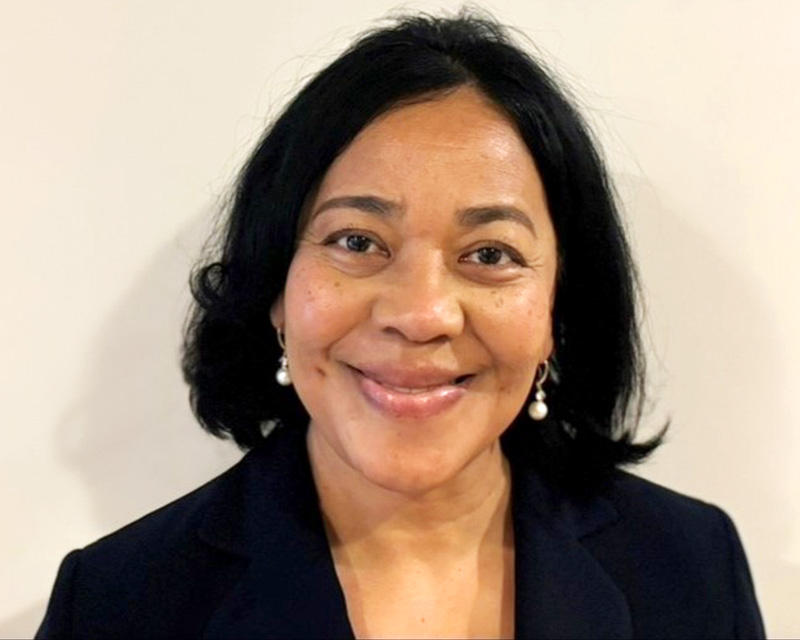
Josee Randriamamonjy is a Senior Research Analyst at the Development Strategies and Governance Unit (DSG) of IFPRI since 2006. Her research topics cover the driving forces affecting the global food system, their links to agricultural production, and related policy options to better achieve reducing poverty, food insecurity, and malnutrition. Previously she worked in the Poverty, Health, and Nutrition Division of IFPRI where her work focused on assessing the impacts of the UNICEF nutrition interventions in Ghana, and on poverty analysis in Mozambique. Prior to her work at IFPRI, she oversaw the Modeling Service of the National Statistics Institute of Madagascar. She received her M.S. in Agricultural Economics from Cornell University and her M.A. in Economic Policy Management from Auvergne University (CERDI) in France. Email: j.randriamamonjy@cgiar.org
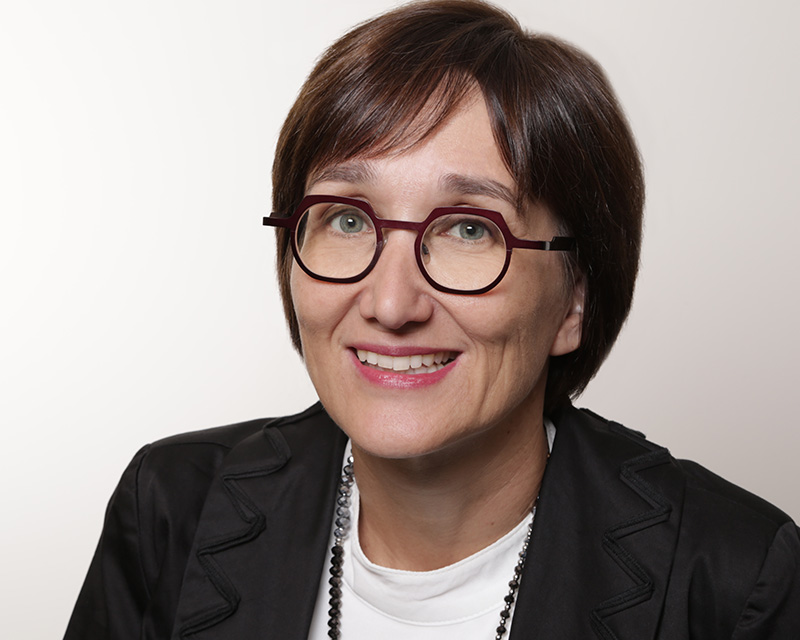
Claudia Ringler is the Unit Director for Natural Resources and Resilience (NRR) at the International Food Policy Research Institute coordinates research at the intersection of nature, agriculture, and development for tangible progress toward more equitable and resilient food systems. As co-lead of the CGIAR NEXUS Gains initiative, she drives research on the role of energy in transforming food and water systems and on climate change adaptation and mitigation, as well as water and other natural resource interventions for increased equity and resilience. Claudia has more than two hundred publications in the areas of water and food security, and equity in climate resilience, irrigation, and energy systems, developed in collaboration with partners across Africa and Asia. In 2021, she was awarded honorary life memberships by both the International Water Resources Association and the International Association of Agricultural Economics for her lifelong contributions to the fields of water resources economics and agricultural economics, respectively. Claudia received a PhD in agricultural economics from the Center of Development Research, University of Bonn, and an MA in International Development Economics from Yale University. Email: c.ringler@cgiar.org

Xinshen Diao is Deputy Division Director in the Foresight and Policy Modeling Unit and has also served as a Senior Research Fellow and a subtheme leader for CGIAR’s Research Program on Policy, Institutions, and Markets. She has extensive experience in managing large research programs and undertaking research on economic development and growth, intersectoral linkages, regional integration and dynamics, agricultural policies, and institutional changes. She has more than one hundred publications in peer-reviewed economic journals, IFPRI books and monographs, and external book chapters. In recent years, Xinshen has focused on growth and poverty reduction analysis in Africa both at the country level in Ethiopia, Ghana, Malawi, Morocco, Nigeria, Rwanda, Uganda, and Zambia and at the regional level including East Africa, West, Central, and Southern Africa. She is the leading editor of an IFPRI book titled Strategies and Priorities for African Agriculture: Economywide Perspectives from Country Studies. Before coming to IFPRI, Xinshen was an Assistant Professor of Applied Economics at the University of Minnesota, stationed at the U.S. Department of Agriculture’s Economic Research Service, and Division Director and Assistant Director General of the Economic Reform Institute of China in Beijing in the late 1980s. Xinshen received the University of Minnesota’s 2018 Distinguished Leadership Award for Internationals, which recognizes the critical role her outstanding achievements and scholarly work have played in improving the lives of the world’s most underprivileged people. She also won the 2018 Outstanding Alumni Award from the Department of Applied Economics of the University of Minnesota for her achievements and the impact of her scholarly work throughout her career. Xinshen earned her bachelor’s and master’s degrees in business economics from the Beijing Institute of Economics, and her PhD in Applied Economics from the University of Minnesota. Email: x.diao@cgiar.org

Karl Pauw is a Senior Research Fellow in IFPRI’s Foresight and Policy Modeling Unit based in Washington, DC, where he co-leads the country modeling team, and works on a wide range of development and agricultural policy issues. He previously led IFPRI’s country programs in Accra, Ghana (2018–2020), and Lilongwe, Malawi (2013–2015), and served as a regional coordinator for the FAO’s MAFAP program in Addis Ababa, Ethiopia (2015–2017). He holds a PhD in Development Economics from the University of Cape Town, South Africa. Email: k.pauw@cgiar.org
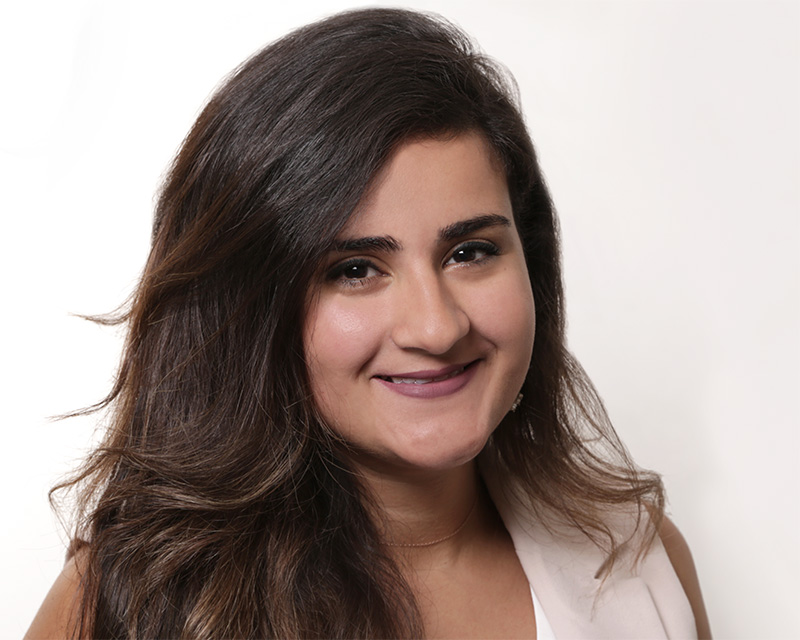
Fatma M. Abdelaziz is a Senior Research Associate at the Development Strategies and Governance Unit (DSG) in IFPRI Egypt’s office. She is currently leading a USAID funded research project on cluster-based development in Egypt under the supervision of Xiaobo Zhang (Senior Research Fellow, IFPRI). She also is managing the IFPRI Egypt Seminar Series, which feature research-based policy dialogues, with the aim to identify and provide evidence-based policy solutions in Egypt. Prior to her work at IFPRI, she worked as consultant with the UNDP and PwC. Fatma holds an MSc in Public Policy and Administration from the London School of Economics and Political Science (LSE), and a Bachelor of Arts in Economics from the American University in Cairo (AUC). Fatma’s Research interests include public policy and development economics, with a special focus on cluster-based development. Email: F.Abdelaziz@cgiar.org
